

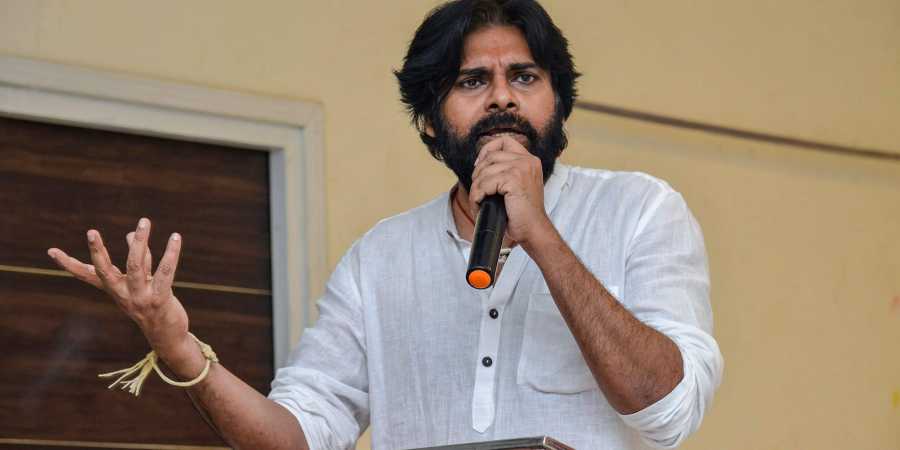
Pawan Kalyan's recent meeting with Congress leaders in Bengaluru has raised questions about his party's alliance with the YCP, currently in power in AP. Speculation suggests that the trip was orchestrated by rival leader Chandrababu Naidu to disrupt the YCP's growing proximity to the Congress and its ambitions for the 2024 general elections. This move has made Bengaluru a crucial battleground for the national political landscape, with potential implications for the India alliance's unity and future success.
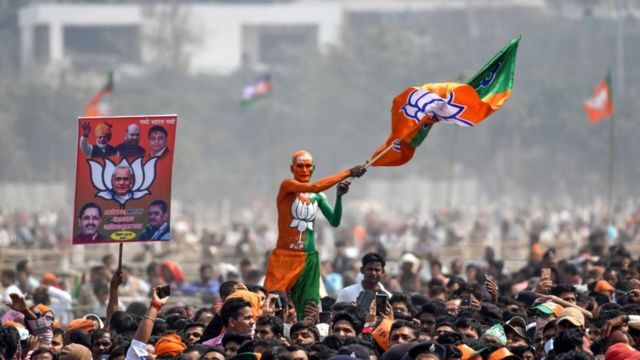
The recently concluded 2024 general elections in India has shown yet again that common voters hold the power to make or break a government. Despite a biased media and a high-decibel campaign by the Hindutva forces, the majority of Indian voters remained secular and did not succumb to intimidation. This was evidenced by the defeat of the ruling party, BJP, by the opposition in the elections. A closer look at the results also reveals the significant role played by Muslim candidates, who secured a share of 4.42% in the parliament with 24 Muslim MPs.
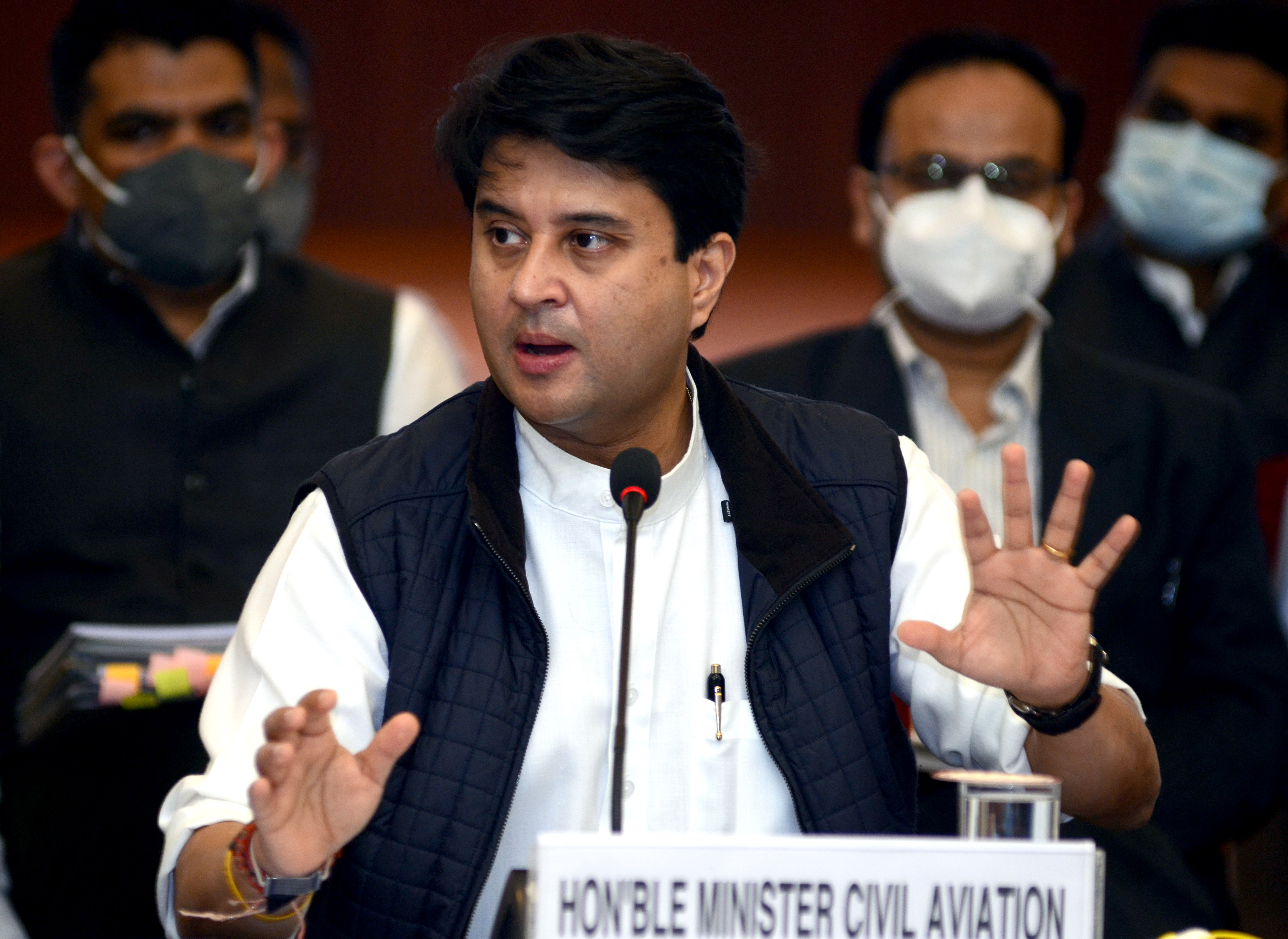
With the recent induction of Jyotiraditya Scindia into the Prime Minister Narendra Modi-led council of ministers, the former Congress leader's importance in the BJP has been solidified. Known for winning his traditional Guna seat by a record margin of over 5 lakh votes, Scindia's rise in the BJP marks the beginning of his second term in the cabinet as a saffron party leader. As India gears up for the 2024 general elections, all eyes will be on Scindia's role in the party and the impact it will have on the final results.
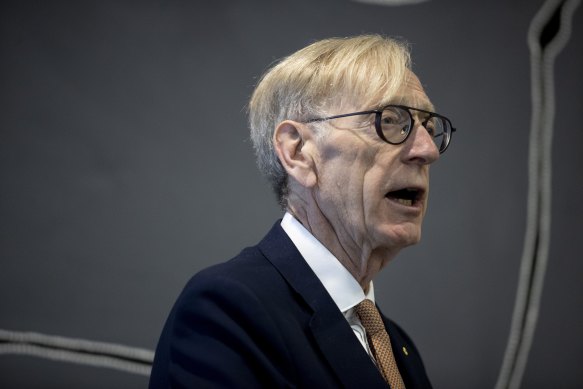
Seven former High Court judges have written a letter expressing their concerns about the fairness of the general elections in 2024 to the President of India, the Chief Justice of India, and the Election Commission. They have stated that the present Election Commission has been the most reluctant in discharging its duties and that there could be a constitutional crisis if the ruling party loses the people's mandate. The judges have also raised concerns about hate speech targeting minorities and opposition parties, and the Election Commission's refusal to disclose the exact number of votes and make relevant forms available to the public. They have urged the authorities to uphold the Constitution and ensure a smooth and fair transition of power based on the people's mandate.
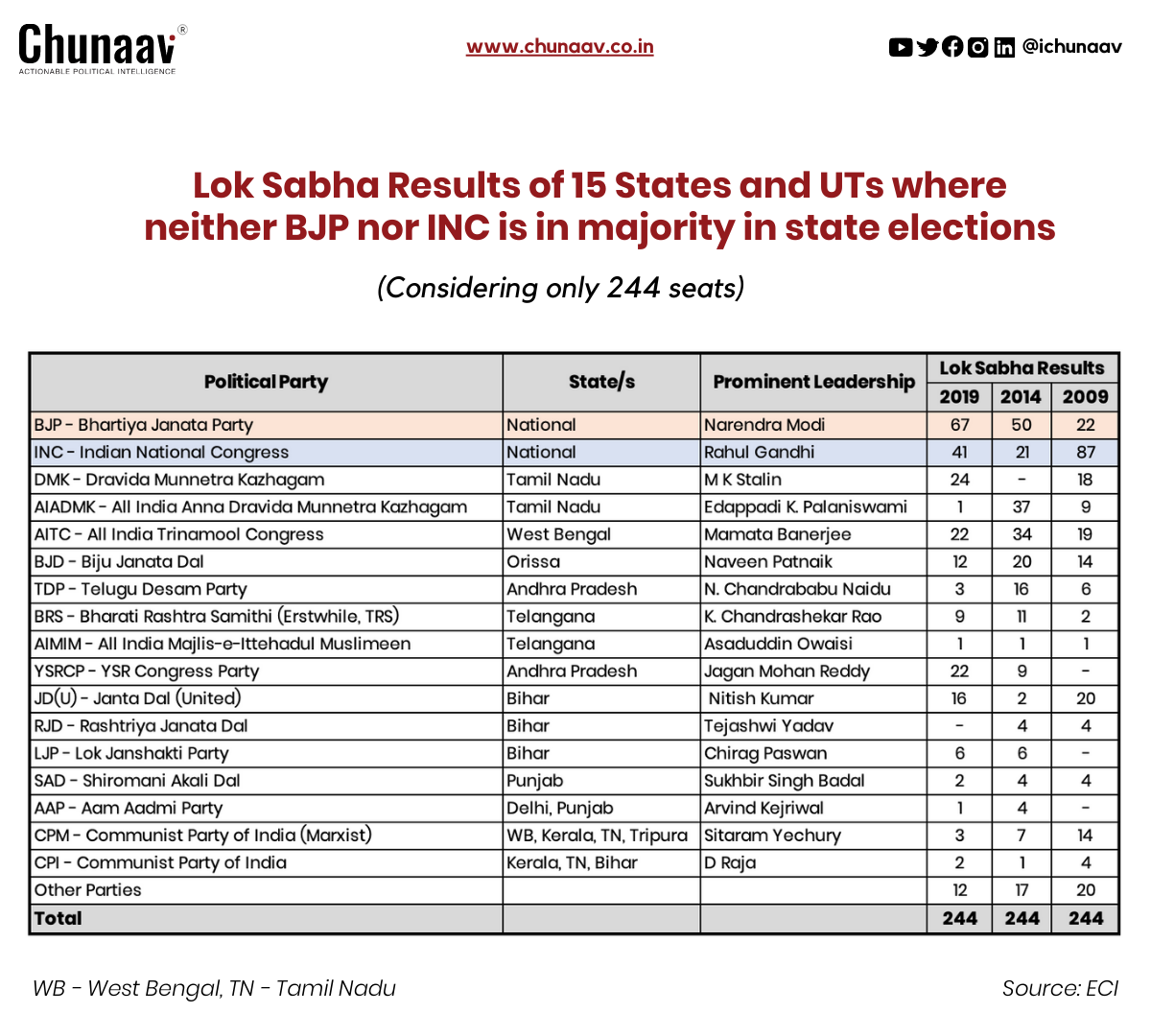
Today marks the end of the 2024 general elections in Uttar Pradesh, with the last phase of voting taking place. Several media organizations will reveal their exit poll results, with the Bharatiya Janata Party (BJP) anticipated to have a strong showing in the state. The Election Commission of India has imposed a ban on releasing exit polls until 6:30 PM today, but we can expect the results for all 80 seats in UP to be announced on June 4th. Key candidates to watch include Narendra Modi, Rahul Gandhi, Smriti Irani, Rajnath Singh, and Dimple Yadav, representing a range of political parties and constituencies.
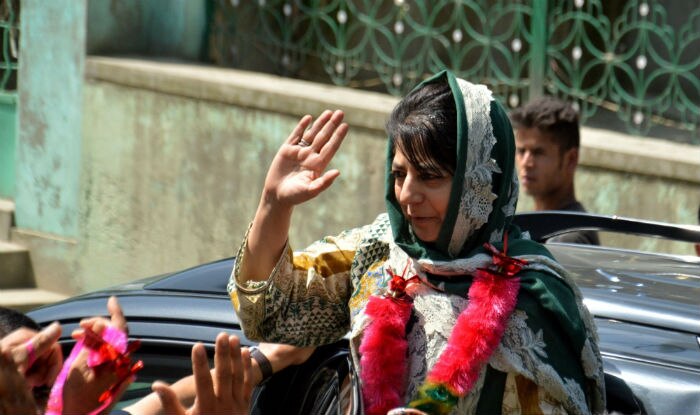
Former Chief Minister of Jammu and Kashmir, Mehbooba Mufti, made a dramatic appearance at her polling station in Anantnag for the 2024 Lok Sabha elections. Mufti's presence and participation in the polls garnered immense attention, considering her house arrest for extended periods and previous political actions. The enthusiasm of voters at polling stations, despite the existing fear of cross-border shelling, noted after a long time. A renewed ceasefire between India and Pakistan greatly aided voter turnout.
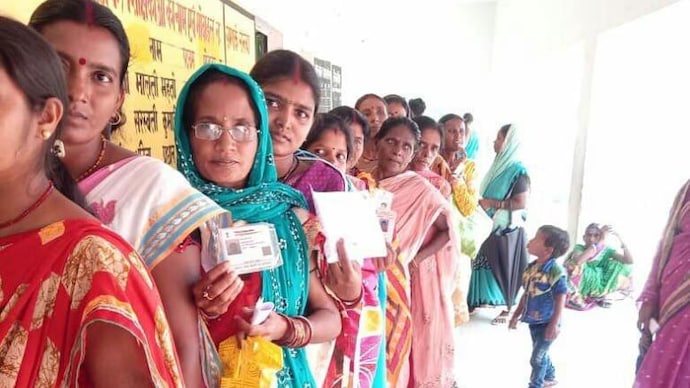
The penultimate phase of the 2024 Lok Sabha elections saw a high voter turnout of 59.06%, with West Bengal reporting the highest percentage at 78.19%. However, there were also reports of sporadic violence, particularly in Ghatal where paramilitary personnel had to shield BJP candidate Hiran Chatterjee. In Jammu and Kashmir's Anantnag-Rajouri seat, where PDP chief Mehbooba Mufti is a contestant, the turnout was the highest in decades at 52%, despite claims of her party workers being detained.
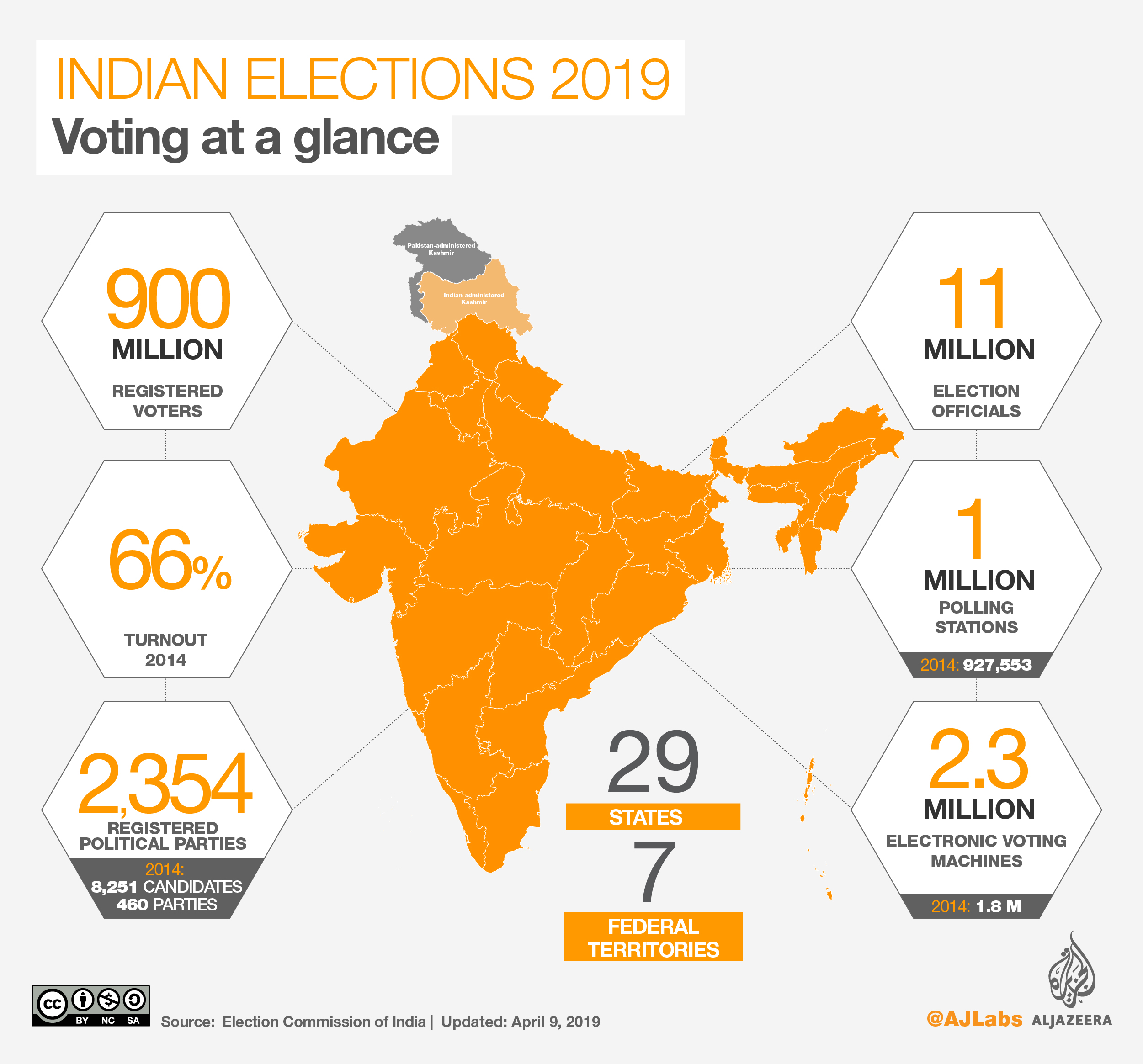
The sixth phase of the India General Elections 2024 recorded a cumulative voter turnout of 49.2% till 3 pm. According to the Election Commission data, West Bengal led with a staggering 70.19% voter turnout, followed by Jharkhand at 54.34% and Uttar Pradesh at 43.95%. The state of Odisha recorded 48.44% voter turnout, while Jammu and Kashmir recorded 44.41%, Bihar recorded 45.21%, Haryana recorded 46.26%, and Delhi recorded 44.58%. This is an important phase in the ongoing elections as it covers crucial constituencies and will impact the final outcome.
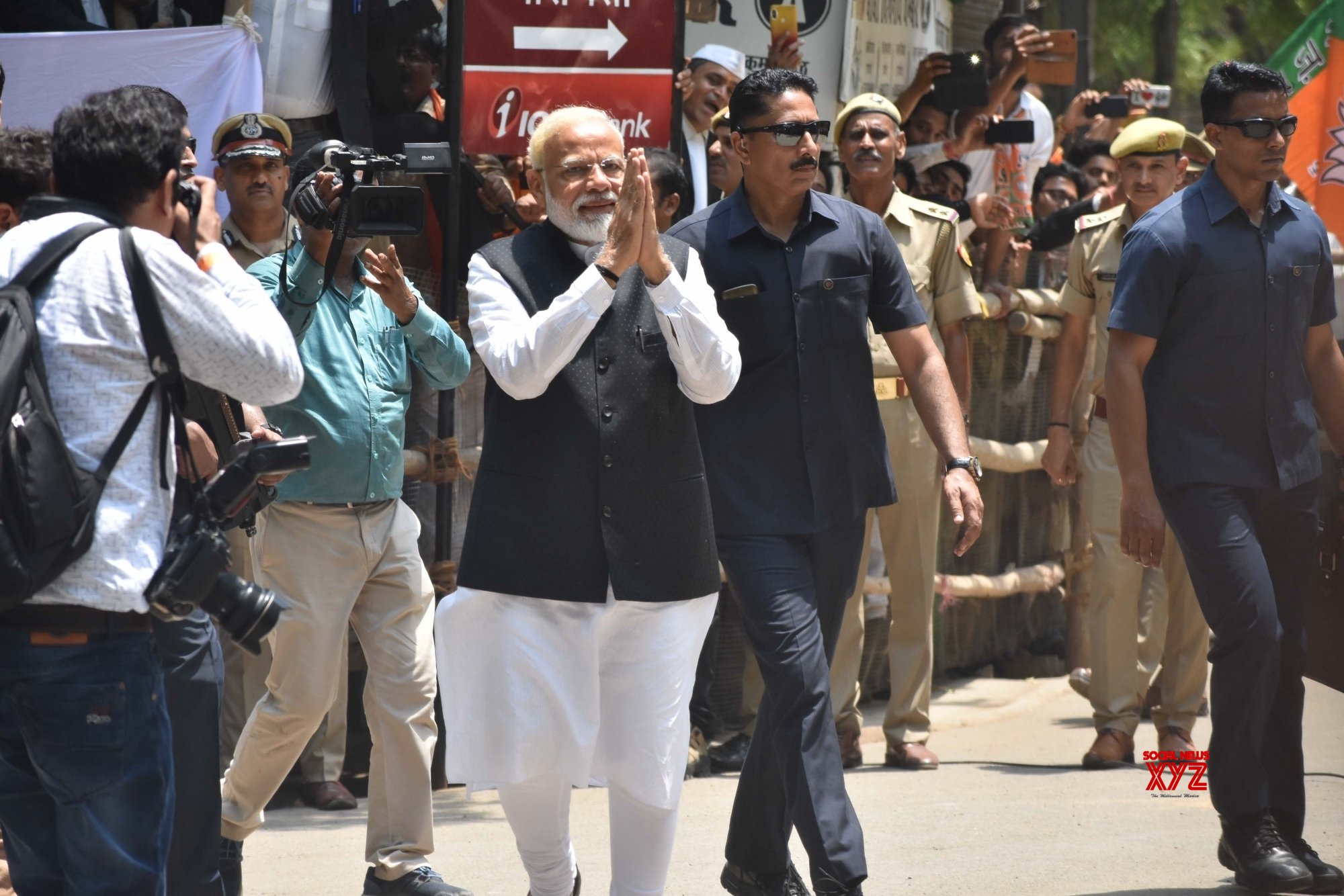
Prime Minister Narendra Modi will file his nomination from Varanasi Lok Sabha seat tomorrow, joined by his ally Uttar Pradesh Chief Minister Yogi Adityanath. The Congress has pitted a strong opponent against PM Modi, with this being the third time he will face off against Uttar Pradesh Congress chief Ajay Rai. The fourth phase of the Lok Sabha elections saw an impressive voter turnout of nearly 63%, with scattered incidents of violence reported. PM Modi used his speech at campaign rallies to attack the Opposition and assert India's strength against Pakistan.
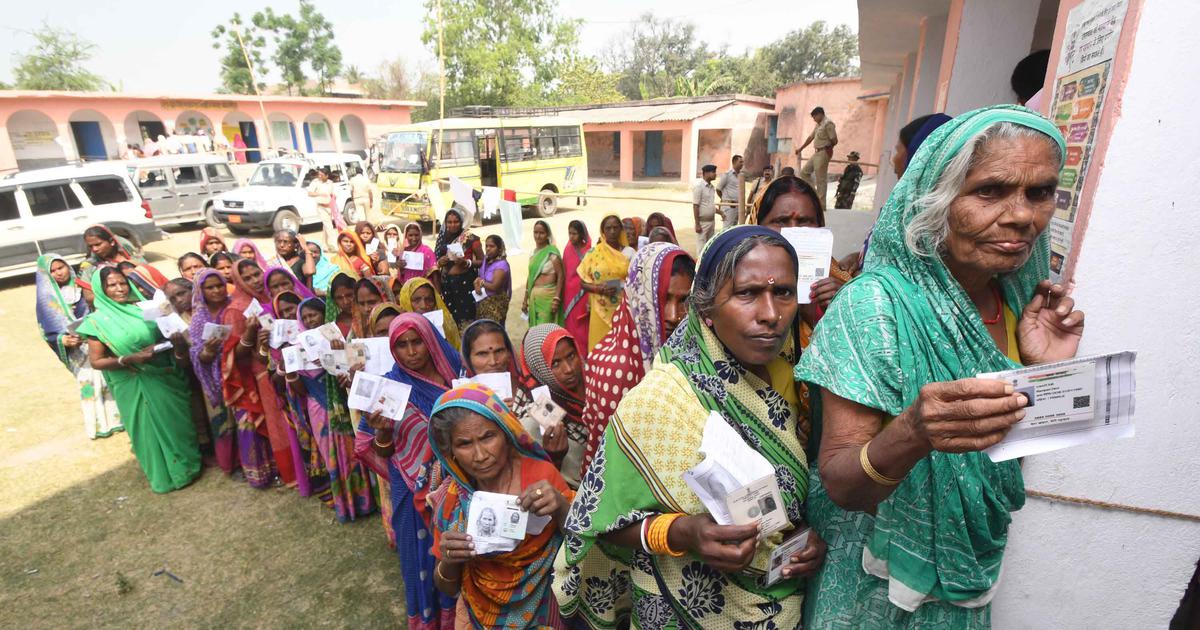
As the fourth phase of Lok Sabha elections concluded on May 13, 2024, India witnessed a voter turnout of 64.60% in 96 constituencies. Among the numerous innovative measures taken, one particularly stood out - the establishment of "Pink Polling Stations" run entirely by women staff to promote gender equality and encourage more female participation in elections. Despite reports of violence and technical glitches in some states, the polling process in 23 states and Union territories has been completed, with the next three phases scheduled to take place on May 20, May 25, and June 1. The counting of votes will take place on June 4.